Introduction
The Baby Swipe, also known as the Two Step or simply the Swipe, is a foundational power move in breaking (breakdancing) that combines grace, strength, and momentum. This dynamic move involves rotating the body while supporting your weight on your hands, creating a fluid, circular motion that’s both impressive to watch and challenging to execute. The Baby Swipe serves as a gateway to more advanced power moves and is essential for any aspiring b-boy or b-girl looking to expand their breaking repertoire. Its versatility allows dancers to incorporate it into various combinations, transitions, and freestyle routines, making it a crucial element in the breaking arsenal.
Video Demonstration
Dance History
The Baby Swipe emerged as a simplified version of the full Swipe, which is one of the core power moves in breaking. While the exact origin and creator of the Baby Swipe are not explicitly mentioned in the search results, it has been a fundamental part of breaking culture for decades. The move gained popularity as a stepping stone for beginners to learn the mechanics of swipes before progressing to more complex variations. Its accessibility and effectiveness in building core strength and body control have made it a staple in breaking tutorials and workshops worldwide.
Step By Step Instruction
1. Start in a bridge-like position with hands and feet flat on the ground, arms and legs parallel. 2. Ensure your hands and fingers are facing away from your body. 3. Shift your upper body weight onto one arm. 4. Push your hips up as high as possible – this is crucial for proper form. 5. Begin the rotation by kicking one leg up and over, initiating the swipe motion. 6. As you rotate, transfer your weight from one hand to the other. 7. Keep your core tight and legs straight throughout the movement. 8. Complete the rotation by landing back in the starting position. 9. For continuous swipes, immediately shift your weight and repeat the process.
Tips For Learning
– Develop a strong core through exercises like planks, side planks, and L-sits. – Practice the arm and leg movements separately before combining them. – Focus on pushing your hips up high consistently throughout the move. – Start slowly to perfect your form, then gradually increase speed. – Use momentum to your advantage – the faster you go, the easier it becomes. – Film yourself practicing to identify and correct form issues. – Warm up thoroughly, especially your wrists, to prevent injury.
Conclusion
The Baby Swipe is more than just a flashy move; it’s a fundamental building block in breaking that develops core strength, body control, and spatial awareness. By mastering this move, dancers not only add a dynamic element to their routines but also prepare themselves for more advanced power moves. Remember, consistency in practice and attention to proper form are key to perfecting the Baby Swipe. As you progress, you’ll find that this move opens up a world of creative possibilities in your breaking journey.
More Breaking Dance Moves
Mastering the Windmill: The Iconic B-Boy Power Move
IntroductionThe windmill, also known as the continuous back spin, is one of the most iconic and fundamental power moves in breaking (breakdancing). This dynamic move involves the dancer rolling their torso continuously in a circular motion on the floor while twirling...
Mastering the Thomas Flare: A Powerful Breaking Move
IntroductionThe Thomas Flare, commonly known as simply "flare" in breaking, is a dynamic and impressive power move that has become a fundamental element of b-boying and b-girling. This acrobatic move involves alternating balance between both arms while swinging the...
Mastering the Swipe: A Fundamental Breaking Power Move
IntroductionThe swipe is a dynamic and visually impressive power move in breaking (also known as breakdancing). It's a fundamental skill that serves as a gateway to more advanced power moves, making it an essential technique for aspiring b-boys and b-girls. The swipe...
Punching in Breaking: The Power of Precision in B-Boy Moves
IntroductionPunching in breaking, also known as b-boying or breakdancing, is a dynamic and expressive move that adds intensity and rhythm to a dancer's routine. This move, characterized by sharp, controlled arm movements resembling punches, is often incorporated into...
Mastering the Headspin: A Gravity-Defying Breaking Move
Introduction The headspin is an iconic power move in breaking that never fails to captivate audiences. This gravity-defying technique involves balancing on your head while rotating your body, creating a mesmerizing visual spectacle. Originating from the dynamic world...
Mastering the Freeze: A Fundamental Breaking Move
IntroductionThe freeze is a cornerstone move in breaking, also known as b-boying or breakdancing. This dynamic and visually striking technique involves abruptly halting all movement and holding a specific position, often in response to the music or at the end of a...
Cutting in Breaking: How to Master This Essential Footwork Move
Introduction Cutting, also known as the "cut step" or "cut move," is a fundamental footwork technique in breaking (breakdancing). This dynamic move is essential for b-boys and b-girls to master as it forms the basis for many more complex footwork patterns. Cutting...
Mastering the CC: A Fundamental Breaking Move
Introduction The CC, also known as the Kickout, is a fundamental footwork move in breaking (breakdancing). This dynamic move is essential for any b-boy or b-girl's repertoire, serving as a building block for more complex footwork combinations. The CC involves a fluid...
Mastering the Brooklyn Rock: A Foundational Breaking Move
Introduction The Brooklyn Rock, also known as Uprock or Rocking, is a dynamic and expressive dance move that forms an essential part of breaking (breakdancing) culture. Originating in the streets of Brooklyn, New York, this style combines elements of mock battle,...
Mastering the Backspin: A Fundamental Breaking Power Move
IntroductionThe backspin is a foundational power move in breaking (breakdancing) that combines style, momentum, and technique. This dynamic move involves spinning on your back in a controlled manner, creating a visually impressive rotation that can serve as both a...
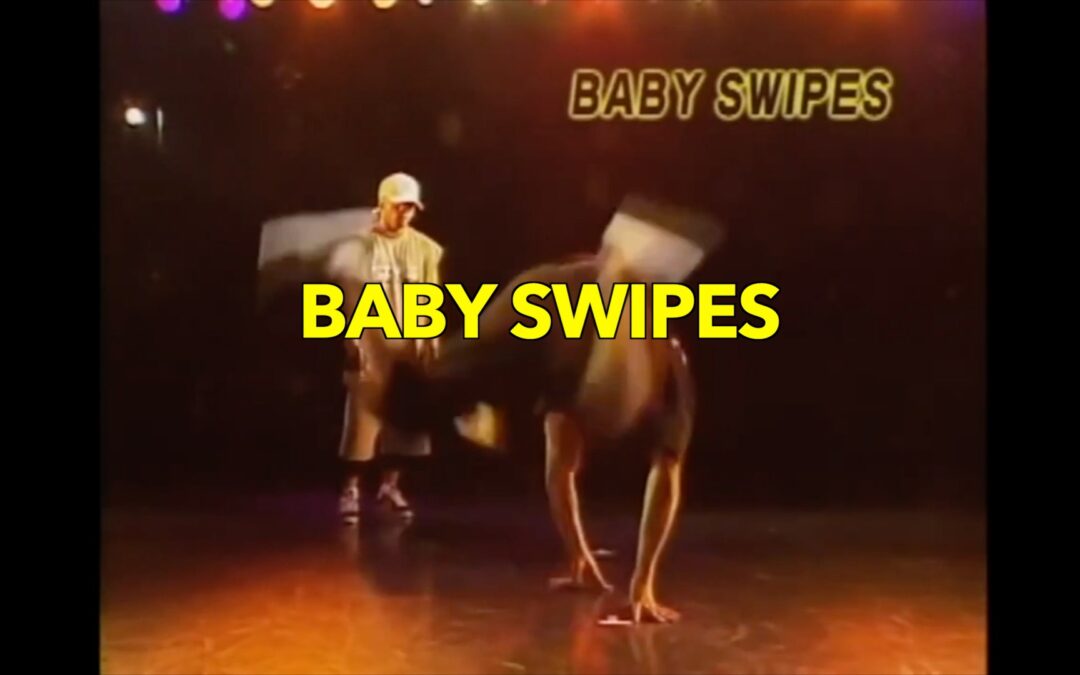
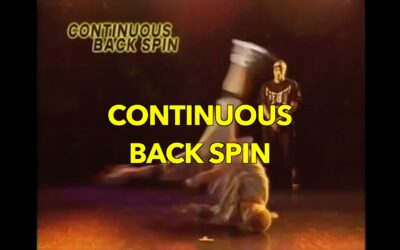



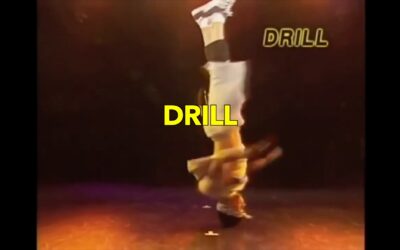

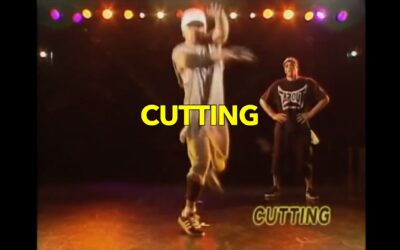
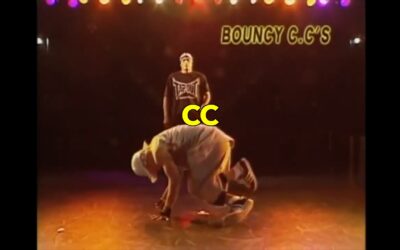

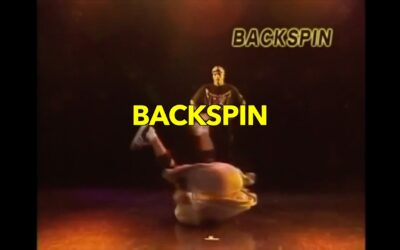
Recent Comments